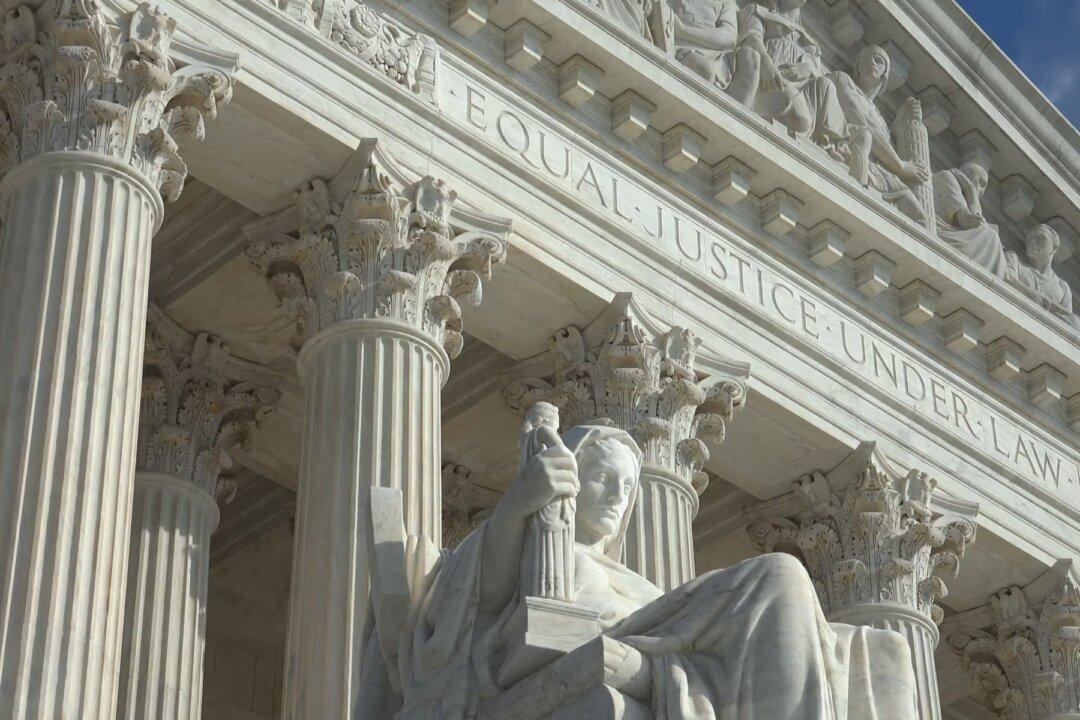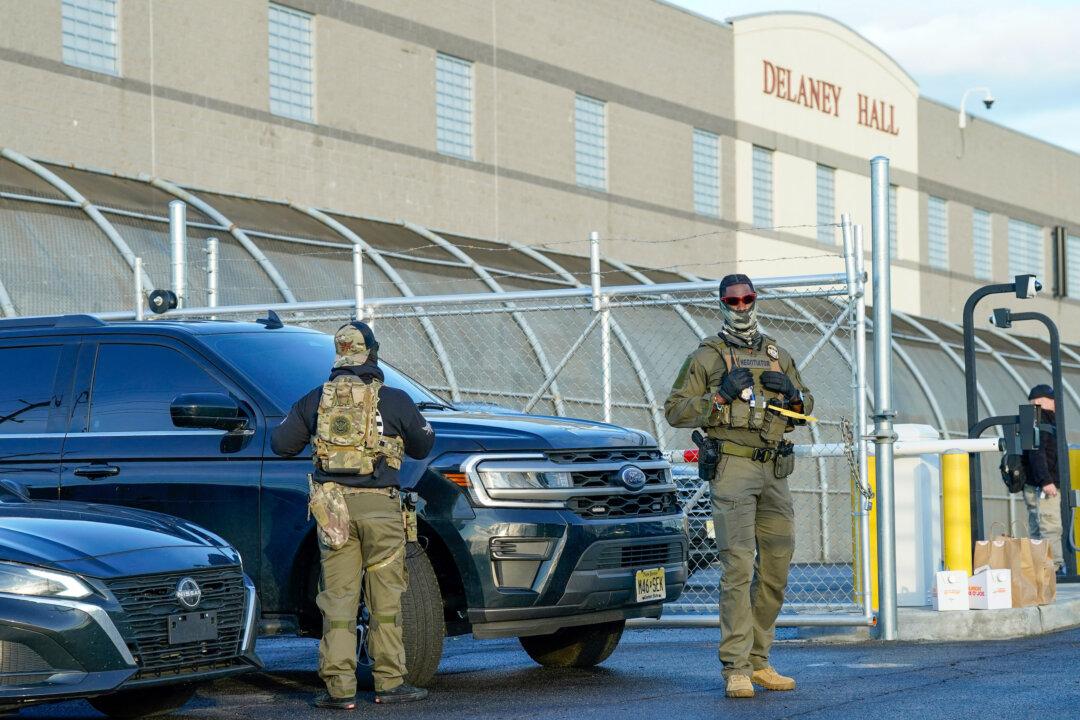The Supreme Court has agreed to hear a second case that could roll back a bureaucracy-empowering legal doctrine backing a federal rule forcing fishing companies to pay for at-sea government monitoring of their catch.
The decision to hear Relentless Inc. v. Department of Commerce (court file 22-1219), came in an unsigned order on Oct. 13. No justices dissented. No reasons were given for the decision. At least four of the nine justices had to vote to grant the petition for it to move forward.





